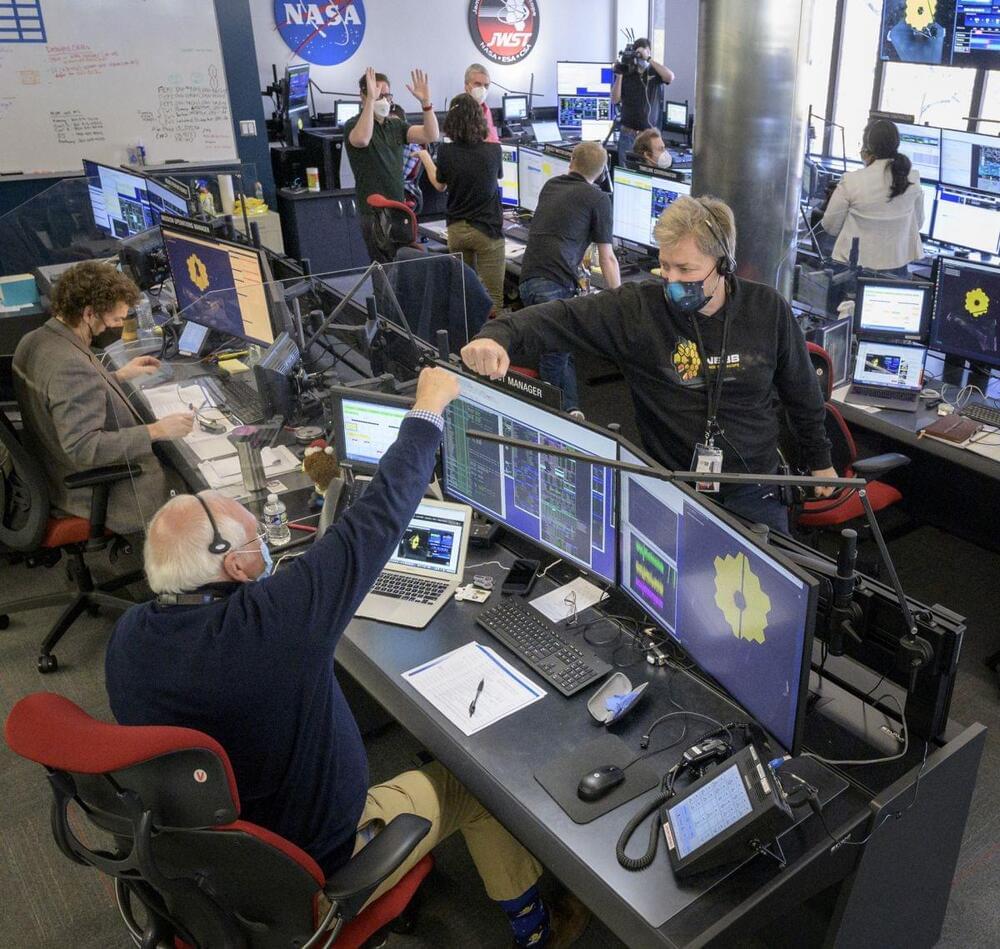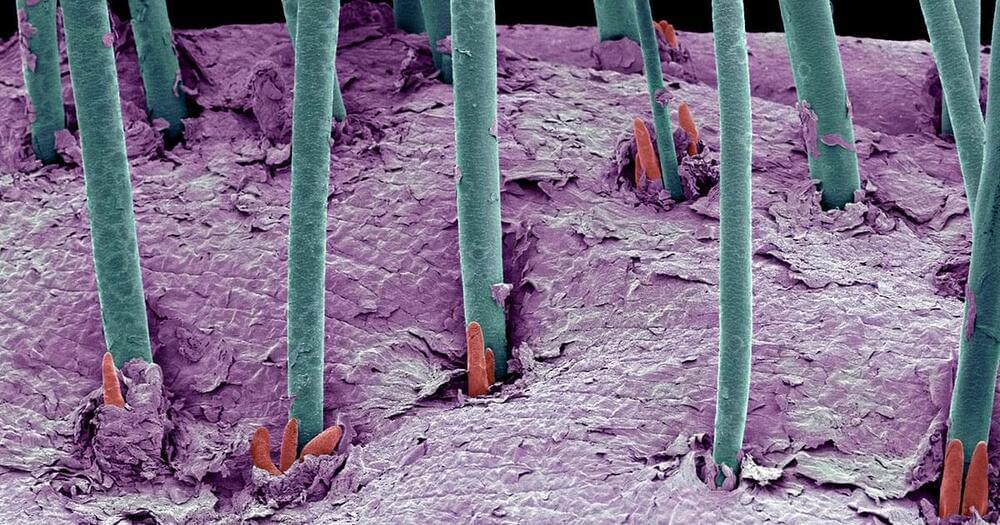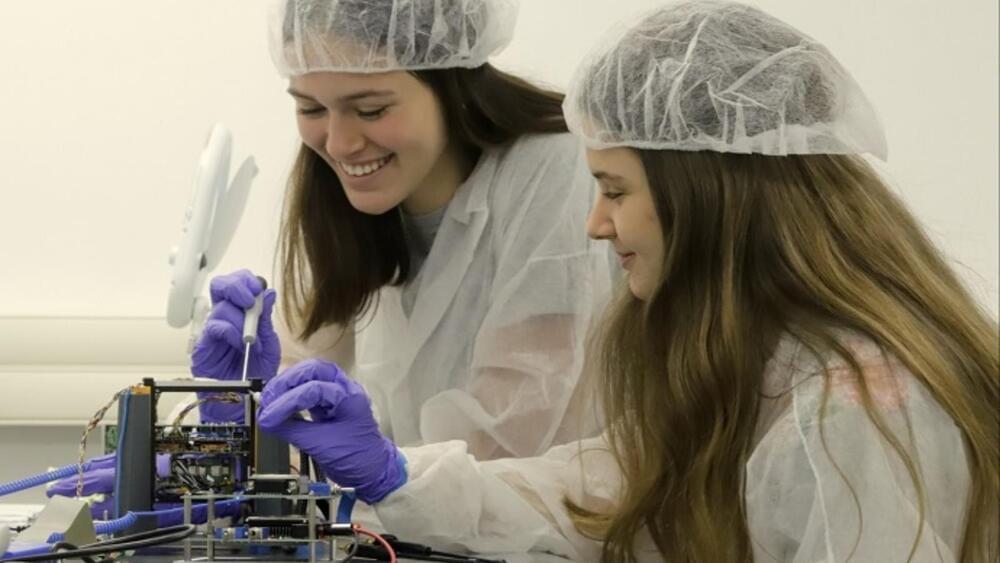Fears that subs from China, which claims the area, could be first to reach wreckage that plunged from deck of aircraft carrier.
Dr. Thomas Zurbuchen is associate administrator for NASA’s Science Mission Directorate. He contributed this article to Space.com’s Expert Voices: Op-Ed & Insights.
There is a new speck of light in the sky right now, best observable from Earth around midnight. This blurry speck — dim as it may be, small as it may be — represents the grit and unity of thousands of people who worked together to place it in the heavens.
Sunflower Labs announces a flurry of client acquisitions of its security drone-in-dock Beehive System in both the US and Europe.
San Carlos-based Sunflower Labs has announced a spate of new clients for its automated Beehive System security drone-and-dock, in deals ranging from Switzerland to the US South.
Sunflower said the recent series of new drone-and-dock deals include partners like US security group ADT Inc, stowage company10 Federal Self Storage, Swiss Federal Railways, and the Gerald R. Ford International Airport in Grand Rapids, Michigan. It also involves a deepening of its previous relationship with German company Security Robotics Development & Solutions.
This year, you won’t be able to escape the data mesh, one of the most disruptive trends currently operating in the data and analytics world.
Humans experience the world in three dimensions, but a collaboration in Japan has developed a way to create synthetic dimensions to better understand the fundamental laws of the Universe and possibly apply them to advanced technologies.
They published their results today (January 28, 2022) in Science Advances.
“The concept of dimensionality has become a central fixture in diverse fields of contemporary physics and technology in past years,” said paper author Toshihiko Baba, professor in the Department of Electrical and Computer Engineering, Yokohama National University. “While inquiries into lower-dimensional materials and structures have been fruitful, rapid advances in topology have uncovered a further abundance of potentially useful phenomena depending on the dimensionality of the system, even going beyond the three spatial dimensions available in the world around us.”
North Korean-backed hacking group Lazarus has added the Windows Update client to its list of living-off-the-land binaries (LoLBins) and is now actively using it to execute malicious code on Windows systems.
The new malware deployment method was discovered by the Malwarebytes Threat Intelligence team while analyzing a January spearphishing campaign impersonating the American security and aerospace company Lockheed Martin.
After the victims open the malicious attachments and enable macro execution, an embedded macro drops a WindowsUpdateConf.lnk file in the startup folder and a DLL file (wuaueng.dll) in a hidden Windows/System32 folder.
In 2017, ‘Oumuamua became the 1st-known interstellar visitor. Since then, we’ve seen one other. Can astronomers now chase it down?
In order to satiate youth-hungry bald people, scientists are growing human hair cells on mice.
Ernesto Lujan, a biologist and founder of medical startup dNovo, told MIT Technology Review that his company has successfully transplanted human hair stem cells onto a mouse.
The result is a horrifying abomination of all that is good, and proof that science has gone too far.
A newly created nano-architected material exhibits a property that previously was just theoretically possible: it can refract light backward, regardless of the angle at which the light strikes the material.
Students from eight Jewish and Arab schools spent three years building satellites and watched a live NASA feed as they took off for outer space.









